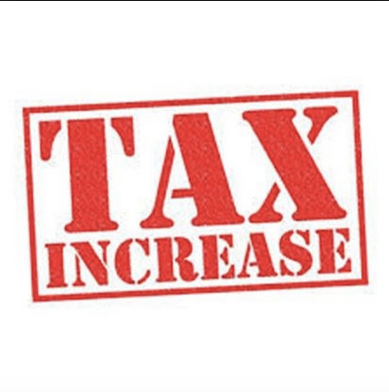It took the city of Pataskala, Ohio, nine ballot measures before its 15,000 residents agreed to a new 1 percent tax to pay for repairs to its crumbling roads and to buy new police cruisers. The mostly rural community was finally won over by a century-old hallmark of the tax code: The $5 million local levy could be deducted from their federal taxes.
“There is a severe sensitivity to more taxes here,” said James M. Nicholson, the city’s finance director. “At the end of the day, you get a tax break was the thing that convinced people.”
But now, in small towns and thriving cities, in Republican- and Democratic-leaning states, local leaders are warning that the $1.5 trillion tax legislation moving through Congress threatens to undermine their ability to raise money for government services, including police and schools. The Republican measures would eliminate or severely curtail taxpayers’ ability to lower their federal tax bill by deducting the cost of their state and local taxes. Without that offset, local leaders say, taxpayers will begin to seek relief closer to home, potentially making it more difficult to provide basic services.




